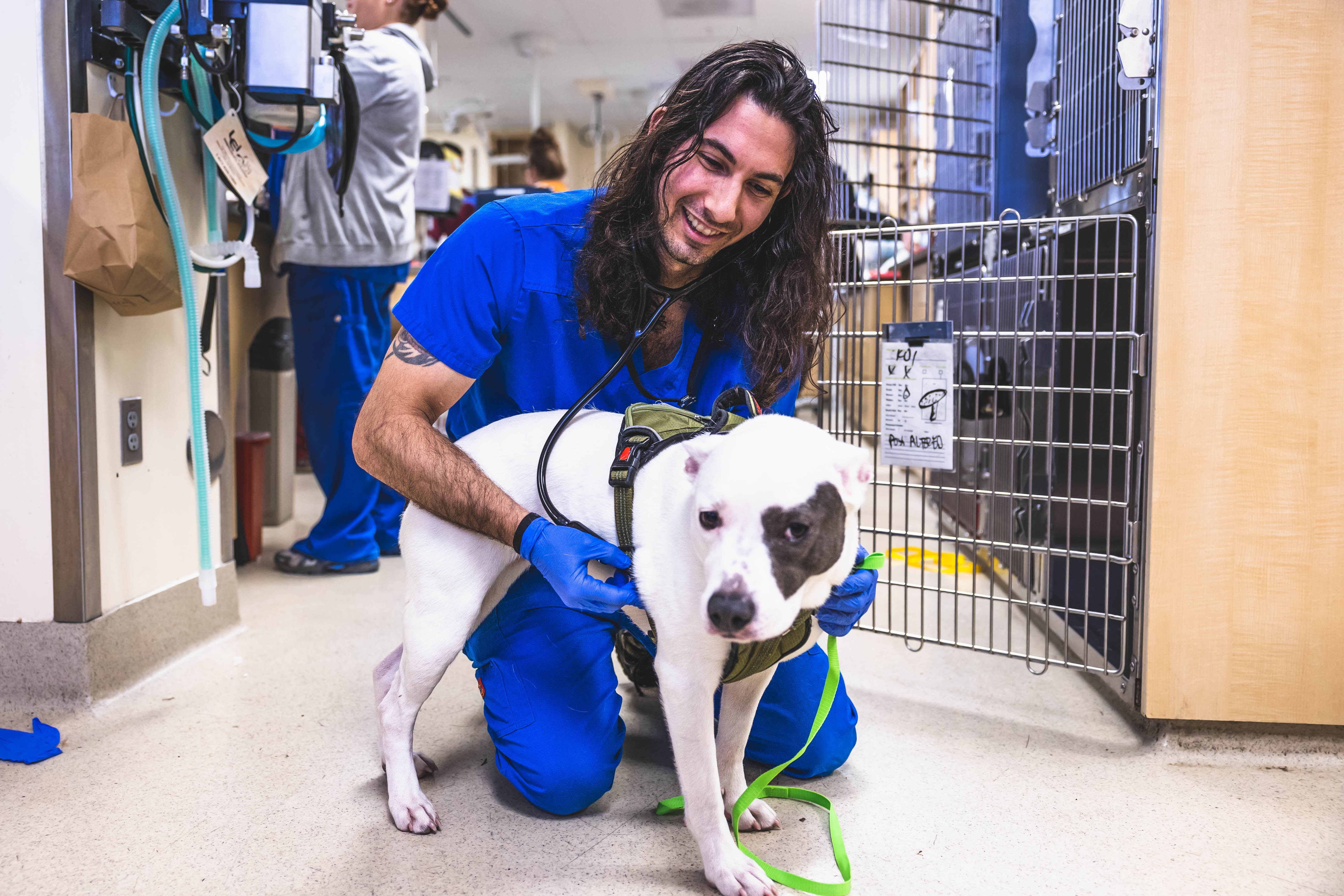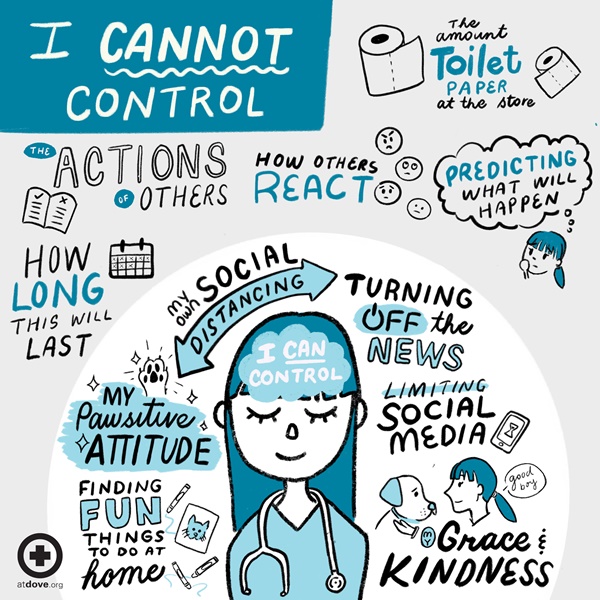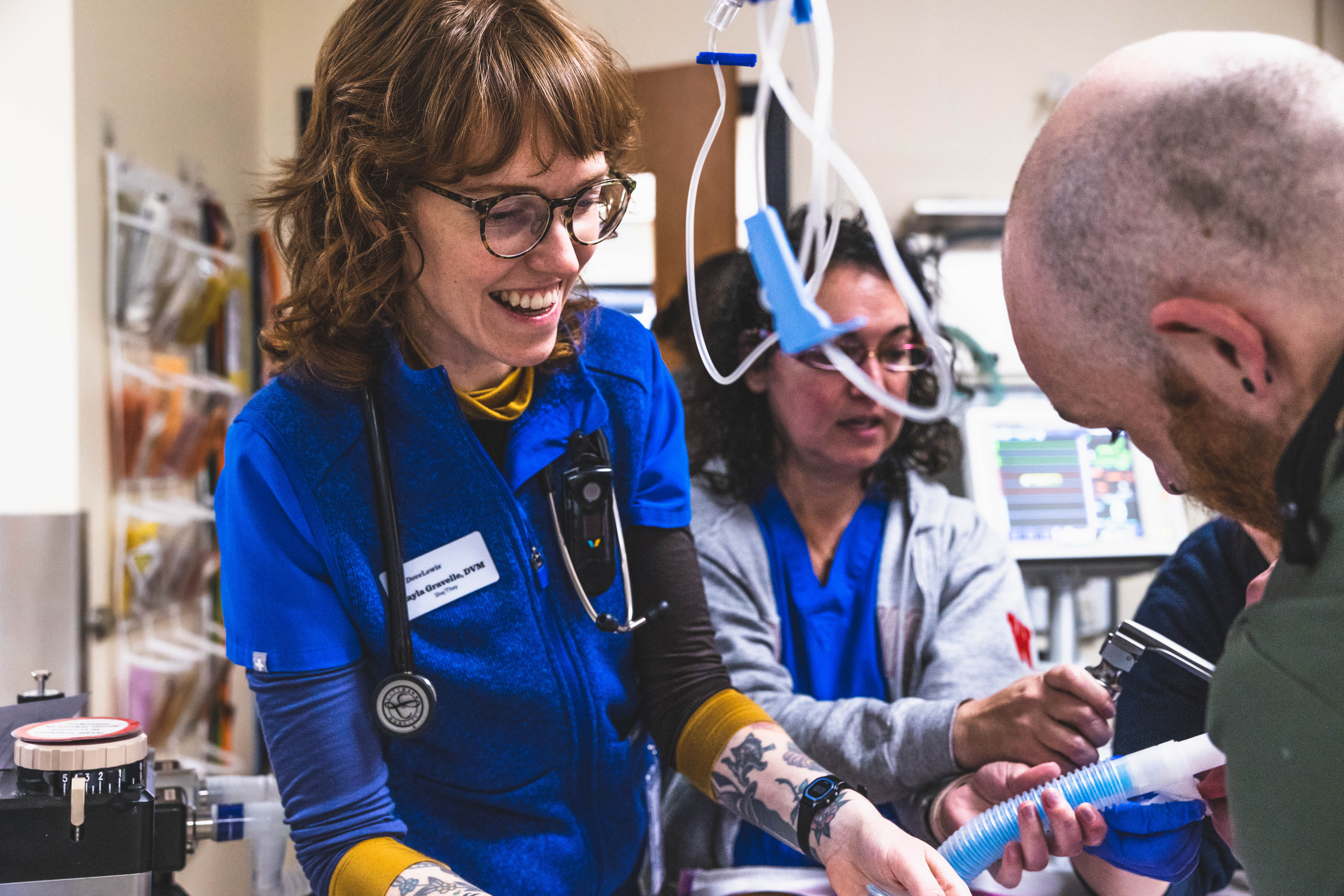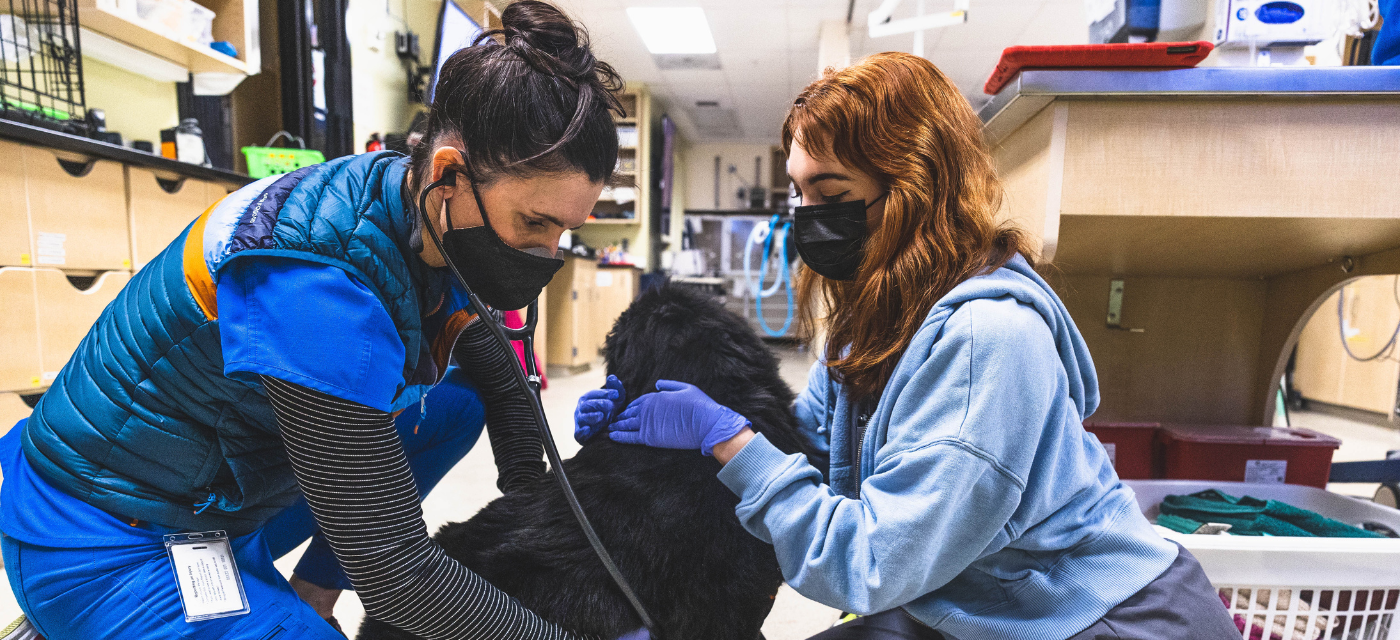Resilience Strategies

There is a lot that we are trying to contend with. For many of us, there’s an underlying sense of urgency and helplessness as we try to find something to control in this surreal, and often uncomfortable, new landscape. There are many different reactions we may be experiencing as a result of this including those mentioned in our previous well-being article:
- Anger
- Frustration
- Worry
- Fear
- Sadness
- Disappointment
- Helplessness
- Anxiety
You may be experiencing all these reactions at different times and in different ways. Remember that it’s ok to not be ok. As we weather through this together, the atDove team wants to continue to offer practical information, strategies, and coping skills that you can practice. This is not with the intention of eliminating feelings that are uncomfortable, difficult, or scary, but so that you can also create space to allow other experiences and emotions to be present and unfold, particularly the ones that may be more soothing, balancing, or energizing.
Our internal landscape shapes the way we view and interact with the world around us. Even at the best of times, humans are hardwired to notice threats and weaknesses. During difficult times, it is more important than ever to focus on the things that are still good. Acknowledge all the amazing work that you are doing for the patients and this community. See the positive examples of humanity all around us: how people are helping their neighbors get the groceries they need, and groups are stepping up to sew cloth masks for the helpers.
In addition to choosing where you focus your attention, it’s important to focus on what matters and what you can control. Direct your attention to the aspects of your life that you can influence. Our brains tend to get us stuck trying to “fix” the areas of life that we can’t actually control, which often leaves us feeling frustrated and depleted. This is one that is easier said than done. Sometimes a helpful first step is to identify if the worry or situation is one that you do or do not have control over.

While adverse events are painful and difficult, they don’t have to determine the outcome of your life. There are many aspects of your life you can control, modify and grow during periods like this. That’s the role of resilience. Becoming more resilient not only helps find ways to get through these difficult times but also empowers you to grow and even improve your life along the way.
- Choose where you focus your attention and tune into the good that is happening in our world.
- Seek out the people and activities that make you happy. Have virtual trivia nights with friends, go for a walk, or find simple ways that envoke positive emotional experiences.
- Maintain your connections. Continue to catch up and be offered support with key relationships in your life so feelings of isolation are kept at bay.
- Focus on what matters and what you can control. Step away from the things that lead you to become more upset or worried, especially circumstances you cannot change and shift your attention to the things you can influence.
The most important thing to remember is that you’re not alone on this journey. We may not always make the right choices along the way so practice self-compassion as we all continue to figure out how to adapt to our new circumstances. While you may not be able to control every situation in your life right now, you can grow to create a more positive space by focusing on aspects that you can influence with the support of loved ones, team members, and other professionals in the community.


